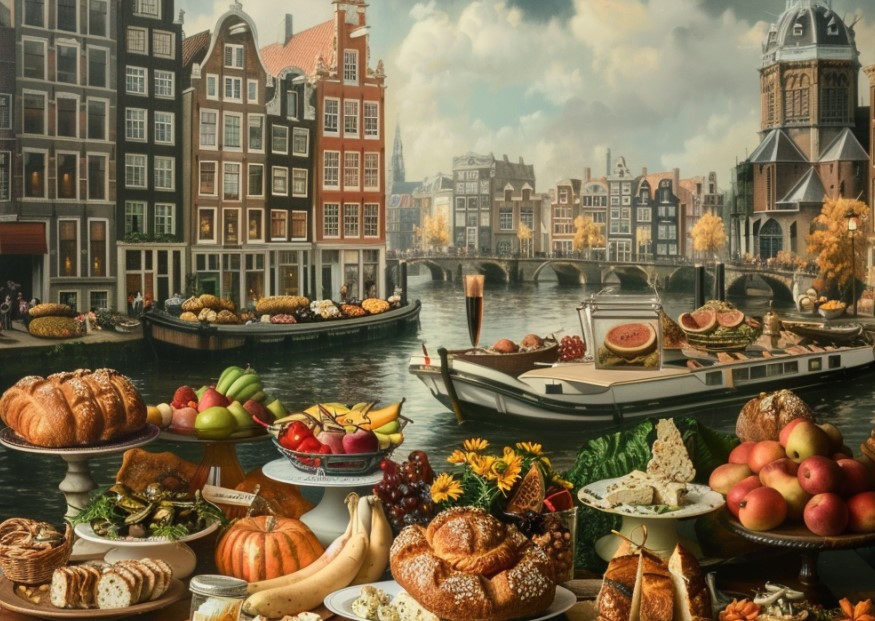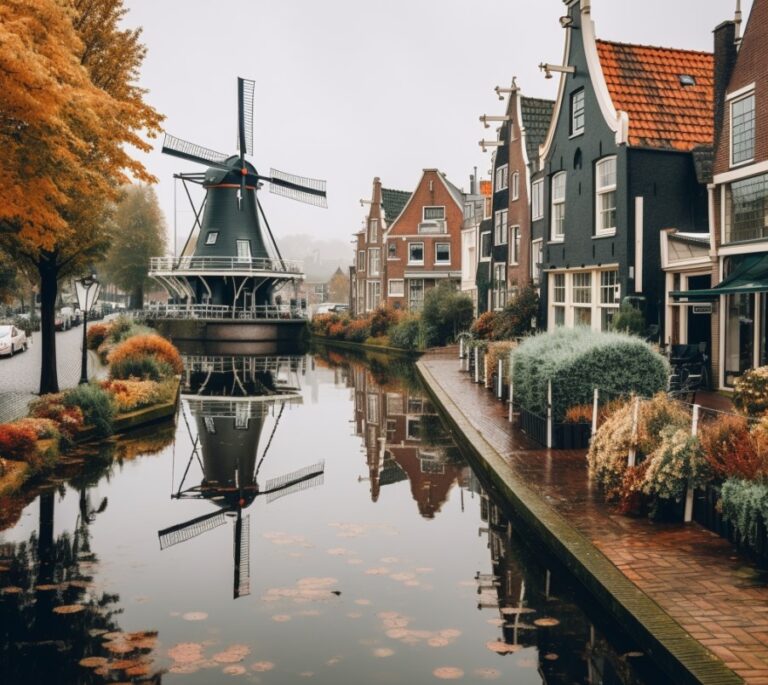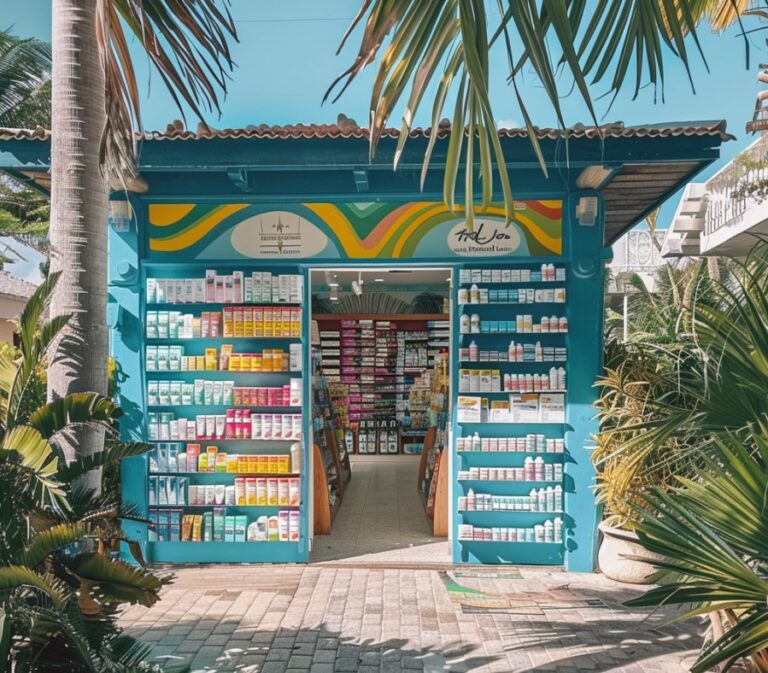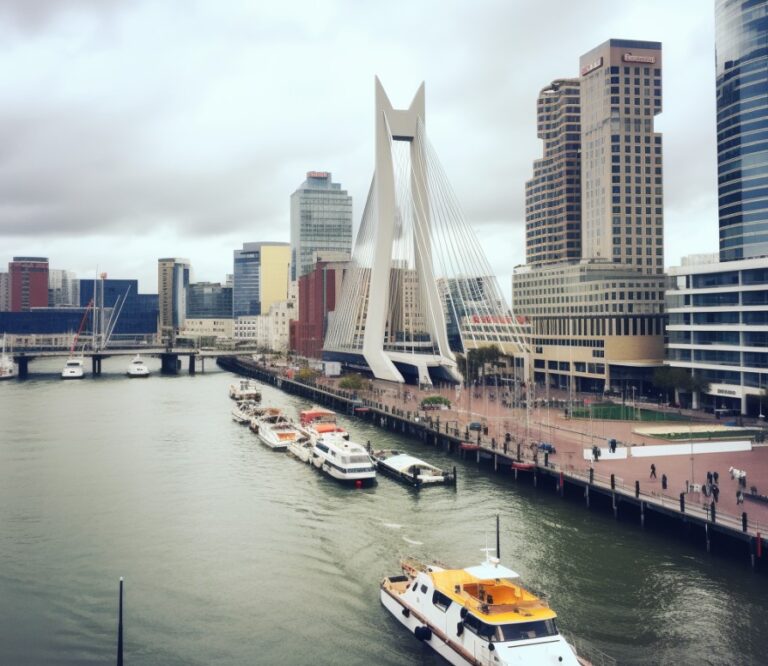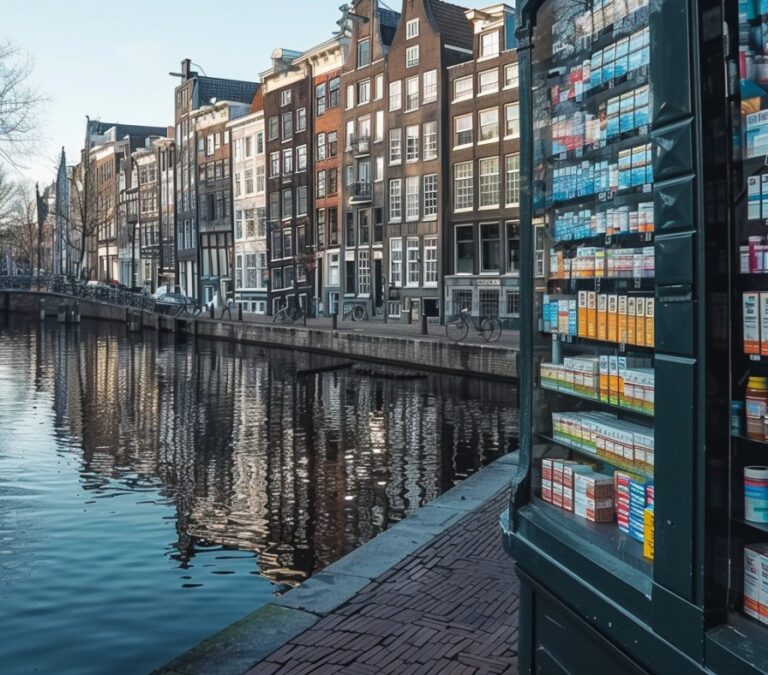What food can I take to the Netherlands?
When you travel to the Netherlands, you must take note of the rules governing bringing food into the country. The Dutch customs are quite specific on what kind of food an individual can bring in for personal use. This article will provide a detailed account of what kind of food you can carry to the Netherlands.
Food Guidelines For Travelers To The Netherlands
Rules concerning bringing foods to the Netherlands are mainly concerned with fresh fruit, dairy products, meat, and some other commodities. However, if travelers want to bring prepackaged foods like crackers, oatmeal, or fruit snacks they have more relaxed requirements as long as these items are still in their original containers from US stores.
Allowed Food Items
Under Dutch law, there are specific types of food that travelers can carry without facing any severe restrictions. Here’s a breakdown of approved food items:
| Food Category | Allowed Items |
|---|---|
| Fresh Fruits | Bananas, coconuts, dates, pineapples, durians, and fruits turned into food products |
| Vegetables | Fresh vegetables, fruits, and flowers from Switzerland and Liechtenstein |
| Processed Foods | Fruits turned into food products by boiling, blanching, frying, fermenting, freezing, or pureeing |
| Dried Flowers | Allowed |
Prohibited Food Items
On the other hand, there are strict regulations that apply to certain kinds of foods that cannot be introduced into the Netherlands without a phytosanitary certificate; these include fresh vegetables and fruits, plants, seeds, nuts, and flowers from outside the EU.
Certificates for Carriage Goods
For those who intend to carry goods requiring phytosanitary certificates, it is very important to apply for this certificate from the departure country. Such a phytosanitary certificate contains all necessary information about transported products: description of product types, weight, and country of origin within the EU.
Dairy And Fleshy Products
Dairy and fleshy products have specific terms when imported into Holland. Although a limited number of these supplies for personal consumption by passengers exist some guidelines must be adhered to:
- Dairy products: An individual is allowed up to 10 kg such as cheese and butter among others.
- Meat products: One person may import as much as 20 kg including sausage, ham, etc.
However one should bear in mind that this allowance pertains per head only and goods should be meant exclusively for personal use. Bringing more might lead to confiscation or a fine.
Read also Medications not allowed in the Netherlands and Cost of a Trip to the Netherlands for 1 Week
Conditions for Infants
People traveling with infants can also bring in an adequate amount of baby food and formula throughout their stay. Such items are not subject to the above restrictions and they don’t need phytosanitary certificates.
Penalties Incurred Due To Noncompliance
Failure to follow Dutch customs regulations on foods may lead to penalties. Prohibited goods shall be seized by authorities, while travelers may be faced with fines, legal charges or other similar consequences.
Conclusion
In conclusion, when planning a trip to the Netherlands and considering bringing food items, it is advisable to check the specific guidelines provided by the Dutch customs authorities. Whereas ready-to-eat snacks such as crackers, as well as oatmeal, are usually accepted, some fresh products require certification. Besides that dairy and meat have limits; nevertheless, there would still be some quantity exceptions in the case of people with babies who want to carry along small amounts of baby food or milk formula.
By following these guidelines, tourists visiting the Netherlands will not have anything restricting them from carrying any edible substances that they desire alongside them. Care should be taken into consideration about the regulations governing this so that nothing goes wrong during the customs clearance stage which could lead one into problems with authorities.

